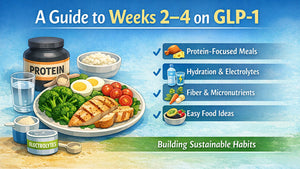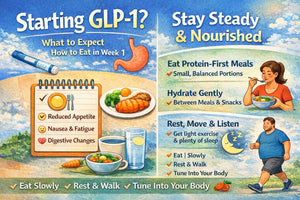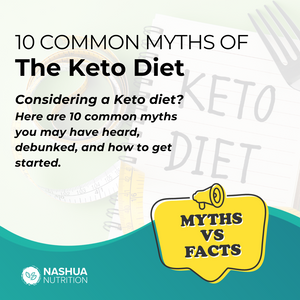Vitamins D, A and B12: Why They’re so Important
Deficiencies in vitamins D, A and B12 can result in serious problems, which is why supplementation can result in many health benefits.
Are you getting enough vitamins D, A and B12? You never outgrow the need to get adequate amounts of these very important nutrients, which can be taken in supplement form.
The Western diet is hardly loaded with all the vitamins that you need for optimal body and brain function. SAD—the standard American diet—is steeped in heavy processing, which strips food of its naturally occurring nutrients.
To help overcome the nutritional deficiencies of processed, manufactured food, you should take supplements. Even if you make sincere efforts to “eat well,” it’s still very difficult to get all the vitamins you need daily through only food.
The Many Benefits of Vitamin D
Many people don’t get the recommended daily amount of this antioxidant.
Vitamin D deficiencies can lead to an assortment of major problems (e.g., increased risk of cancer, heart disease, type II diabetes, infectious disease), but let’s look at what adequate amounts can do for you.
- Boosts immune function that leads to lower risk of many conditions including cancer, autoimmune disease and cardiovascular disease.
- Improves muscle efficiency. Vitamin D supplementation is linked with improved mitochondrial functioning. Mitochondria are a cell’s “powerhouses” and are adversely affected by vitamin D deficiency. This is why muscle fatigue is common among those with such a deficiency.
- Stronger preschoolers. The aforementioned link between vitamin D and muscle efficiency applies to pregnant women. A study showed that four-year-old children, whose mothers had higher levels of vitamin D during pregnancy with these preschoolers, had stronger grip strength than children whose mothers had lower levels of D during pregnancy. There’s also been found a direct relationship between higher D levels and higher muscle mass in the young children.
- Other benefits include a lower risk of multiple sclerosis, lower fall risk in the elderly and lower risk of getting the flu.
Vitamin A: Not just Good for the Eyes
Vitamin A is a powerful antioxidant, and a deficiency can result in night blindness and a compromised immune system, plus skin problems, to name just a few negative effects of deficiency.
The benefits are:
- Immune system efficiency
- Bone and teeth growth and maintenance
- Keeps the skin and mucus membranes in top mode (moistness) for repelling invaders
- Maintains good night vision as well as a protective effect against macular degeneration
- Fights free radicals, which are unstable atoms that can ravage DNA and lead to ailments such as cancer and heart disease
- Can slow down growth in established cancers
- Helps maintain healthy skin
- Stronger resistance to colds
Vitamin B12: Especially Important to non-Meat Eaters
Vegetarians and especially vegans may not be getting enough B12, as this nutrient is found naturally only in animal-derived foods. Vegans and even vegetarians should consider a B12 supplement.
A deficiency in B12 can cause neurological problems including permanent damage to the brain. Deficiencies can cause fatigue, anemia, depression, constipation, loss of appetite, memory problems, asthma, issues with vision and even low sperm count.
B12’s main benefits are proper functioning of the nervous system and optimal red blood cell production. Other benefits:
- Contributes to proper glucose metabolism
- Fights against brain shrinkage from age
- Improves cholesterol profile
- Aids in skin integrity
- Helps protect against cancers such as colon, lung, breast and prostate
Don’t assume that living in a modern world and/or overeating automatically means you get adequate amounts of vitamins D, A and B12. Supplementation should be a part of your overall health program.
The post Vitamins D, A and B12: Why They’re so Important appeared first on Nashua Nutrition Blog.
- Nashua Nutrition









